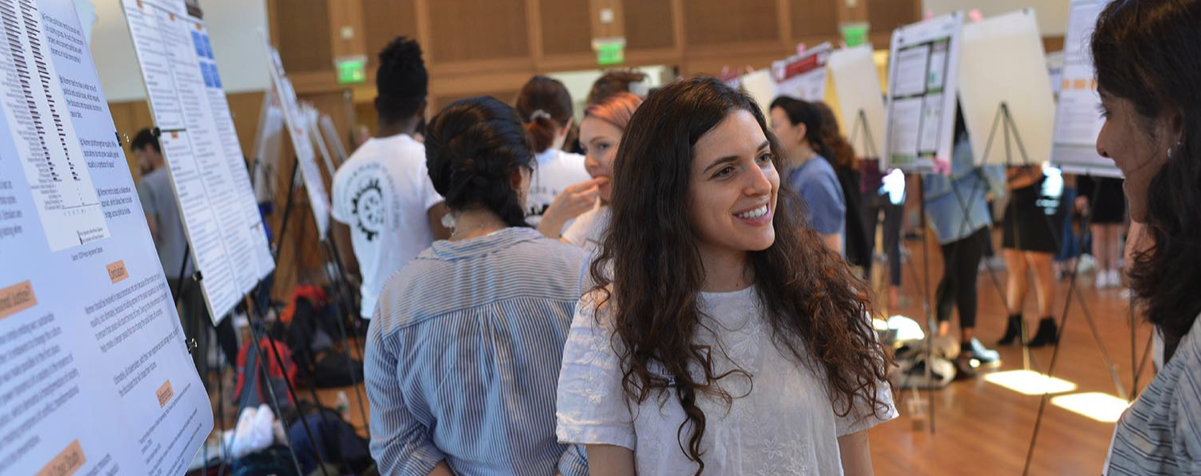Faculty Sponsor: Royette T. Dubar, Ph.D.
Live Poster Session: Zoom Link
Abstract:The current qualitative study explored how college students from underrepresented groups in the U.S. perceived their experiences while navigating the COVID-19 pandemic. Participants were 15 emerging adults from a small, liberal arts university on the east coast, who were part of a larger longitudinal qualitative study. Participants responded to the following question, as part of their initial interview in January 2021: “In what ways do you think the pandemic has affected students from underrepresented groups differently than students who do not belong to an underrepresented group.” Results of thematic analysis revealed 6 emergent themes: i) Identity, ii) Racism, iii) Mental health and emotional functioning, iv) Living situation, v) Socio-economic status, and vi) Social/ community contact. These themes indicate some of the unique challenges that students from underrepresented groups experience and signal the need for universities and families to devise strategies to support diverse groups of students to ensure their success and overall well-being.
S.P.A-Lab-Research-Poster-TP.pptx.pptx-1

